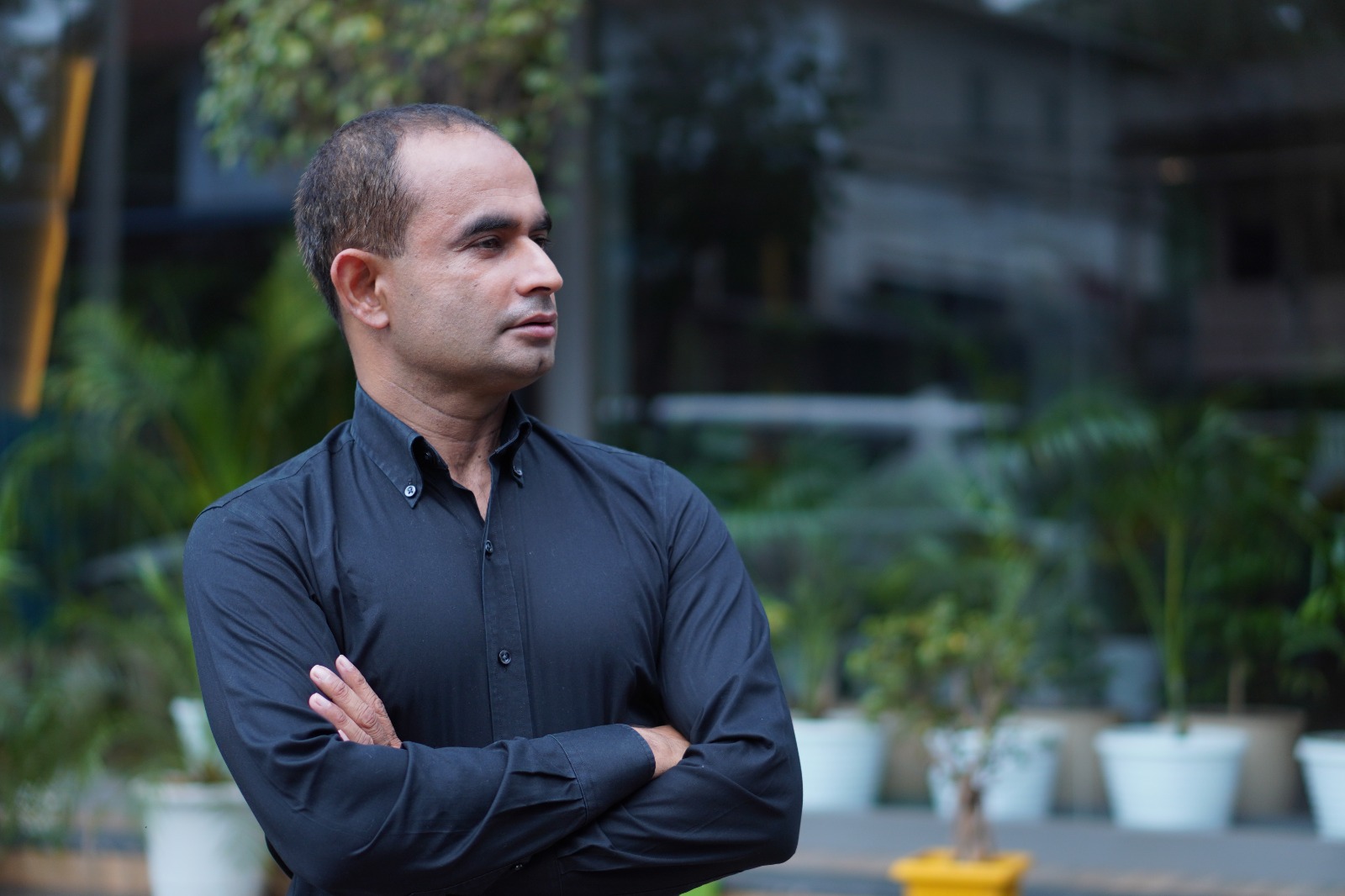Introduction: Why Staying Power Matters More Than Speed
In the modern tech world, startups are often measured by how quickly they raise capital or how loud their launch becomes. But Sabeer Nelli, the founder and CEO of Zil Money, plays a different game entirely—one based not on virality or speed, but on endurance. In an era where many fintech startups burn out after a few market cycles, Sabeer’s companies keep growing steadily, reliably, and intentionally.
That’s because from day one, Sabeer wasn’t chasing “hockey stick” growth. He was building infrastructure—systems, processes, and customer experiences designed to last. His story isn’t about overnight success. It’s about showing up every day, refining the product, serving the customer, and resisting the pressure to overpromise and underdeliver.
And it’s that rare brand of entrepreneurial stamina that’s turning Zil Money into one of the most trusted fintech platforms for small and medium-sized businesses.
Laying the Groundwork: The Petroleum Years
Before fintech, Sabeer ran gas stations. He founded Tyler Petroleum in 2005 and learned the ins and outs of running 24/7 operations—managing supply chains, dealing with vendors, and hiring frontline workers.
But more importantly, he learned how to spot systems that broke down under stress—and how to fix them. A delivery delay or payroll mistake didn’t just hurt margins—it jeopardized trust.
So he built a business that didn’t just work during good times. It worked when pumps froze, when vendors failed, when markets shifted. That mindset—designing for pressure—would later shape his entire approach to Zil Money.
Why Most Startups Break
Most tech startups are designed for momentum, not endurance. They raise funding fast, hire quickly, and launch new features weekly. But without strong internal systems, that speed becomes unsustainable.
Sabeer saw that firsthand when entering fintech in 2018. Zil Money didn’t start with a huge splash. There were no celebrity investors or viral videos. But behind the scenes, it had something far more valuable: architecture built to scale.
From backend security and global compliance to modular design and support systems, Sabeer invested in durability before growth. And today, that discipline is paying off.
A Different Kind of Product Philosophy
Most founders focus on how a product looks. Sabeer focused on how it behaves under pressure:
- Will it handle 10,000 payments in an hour without slowing down?
- Will ACH systems reconcile accurately during year-end audits?
- Will small business owners understand how to use it without training?
By focusing on these fundamentals, Zil Money evolved into a platform that doesn’t just grow—it retains. And in fintech, retention is the ultimate sign of trust.
Sabeer’s rule was simple: make the system invisible when it works, and reliable when it’s needed most.
Practical Advice: Building for Endurance, Not Headlines
If you’re an entrepreneur or product leader, here are lessons inspired by Sabeer’s approach:
- Build With Quiet Systems
The most important features are often invisible. Prioritize stability, compliance, and backend flexibility—even if no one notices them at first.
- Avoid Trend Chasing
Zil Money didn’t jump on every buzzword like blockchain or NFTs. Instead, it focused on payment rails, security, and tools like check printing—because real users needed them.
- Iterate Slowly, But Smartly
Sabeer doesn’t believe in breakneck product launches. Features are released gradually, stress-tested internally, and refined based on real customer feedback.
- Be Boring When It Counts
In finance, boring is beautiful. No one wants their payroll tool to be “edgy.” They want it to work—every time.
- Invest in Retention Before Acquisition
Zil Money grew through word-of-mouth. That only happens when the product works reliably and support is top-notch. Growth is an outcome, not a tactic.
Relatable Example: The ‘Late Night Panic’ Test
One of the best tests Sabeer uses when evaluating features is the Late Night Panic Test.
He asks: “What happens when a small business owner logs in at 11:47 p.m. to process payroll they forgot about? Can they do it in under 5 minutes, without calling support?”
That question has shaped everything from UI design to feature prioritization. It centers the platform around real-world urgency—not hypothetical use cases.
And it works. Zil Money continues to attract users not because of advertising, but because it just works when you need it most.
Culture Built for the Marathon
Sabeer’s approach to people is just as long-term as his approach to tech.
- Employees are trained, not just hired.
- Autonomy is encouraged—but with clear systems.
- Engineers, product teams, and support staff work cross-functionally to avoid silos.
It’s a culture built for continuity—not chaos.
And it’s why many of Zil Money’s core team members have been with the company for years, continuously shipping reliable features and iterating on user feedback.
Final Thoughts: The Strength of Steady Leadership
Sabeer Nelli isn’t the loudest voice in fintech. But his companies speak volumes.
By choosing endurance over excitement, clarity over chaos, and reliability over reinvention, he’s built more than software—he’s built infrastructure that lasts.
In an era obsessed with exits, unicorns, and virality, Sabeer reminds us that the real measure of a founder isn’t how fast they build, but how well their platform holds up under pressure.
And if Zil Money’s trajectory tells us anything, it’s that the platforms that quietly serve—and never crash—are the ones that endure the longest.
Read More From Techbullion



































